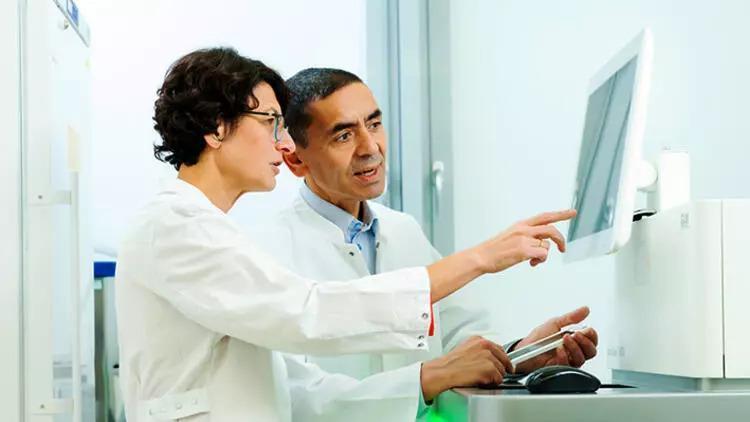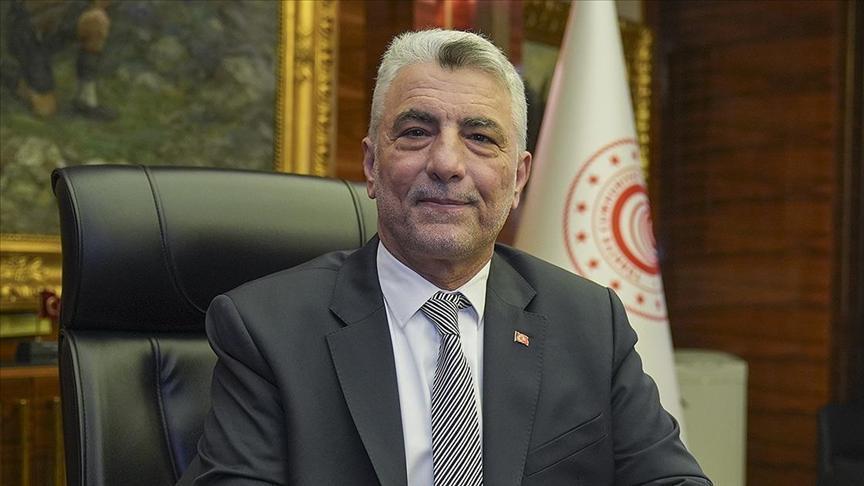Cancer drugs might hit the shelves in 2026
BERLIN

Uğur Şahin, one of BioNTech's co-founders, has announced that their company's cancer treatment medicine will hit the shelves as early as 2026.
Şahin, who has been working with his wife Dr. Özlem Türeci for many years on treatments targeting various types of cancers, especially bowel cancer, stated that the drugs they have developed could be on the market in a few years.
Speaking to Frankfurter Allgemeine Zeitung, the scientist said that the trial processes of the drugs they have developed against lung, pancreatic and colon cancers continue with encouraging developments.
“In the next two years, we will move on to new trials. Then, after getting approval from the necessary authorities, we will be able to offer the drugs to patients from 2026.”
Stating that the drugs aim to strengthen the body's own defense reaction against cancer, Şahin added that he devoted most of his time to finding a cure for cancer after the COVID-19 pandemic.
Şahin and Türeci also stated last month that BioNTech might be able to produce a therapeutic vaccine for cancer by 2030.
Meanwhile, as new variants of COVID-19, such as BA.2.86 and EG.5.1 (Eris), have led to an increase in the number of coronavirus cases worldwide, BioNTech announced that a vaccine adapted to the new variants will be available as of next September.
The couple and their company BioNTech became known across the globe with the mRNA vaccine they developed shortly after the start of the COVID-19 pandemic, which was quickly approved and released on the market. More than 1.5 billion people worldwide have received the vaccine.
On the other hand, compensation lawsuits for the long-term negative side effects of the COVID vaccines of companies such as BioNTech and AstraZeneca are also frequently on the agenda.
In a previous court appearance this summer, BioNTech defended itself against a claim for damages brought by a German man who claimed to have experienced side effects from the company's COVID-19 vaccine, one of possibly hundreds of cases in the country.
















